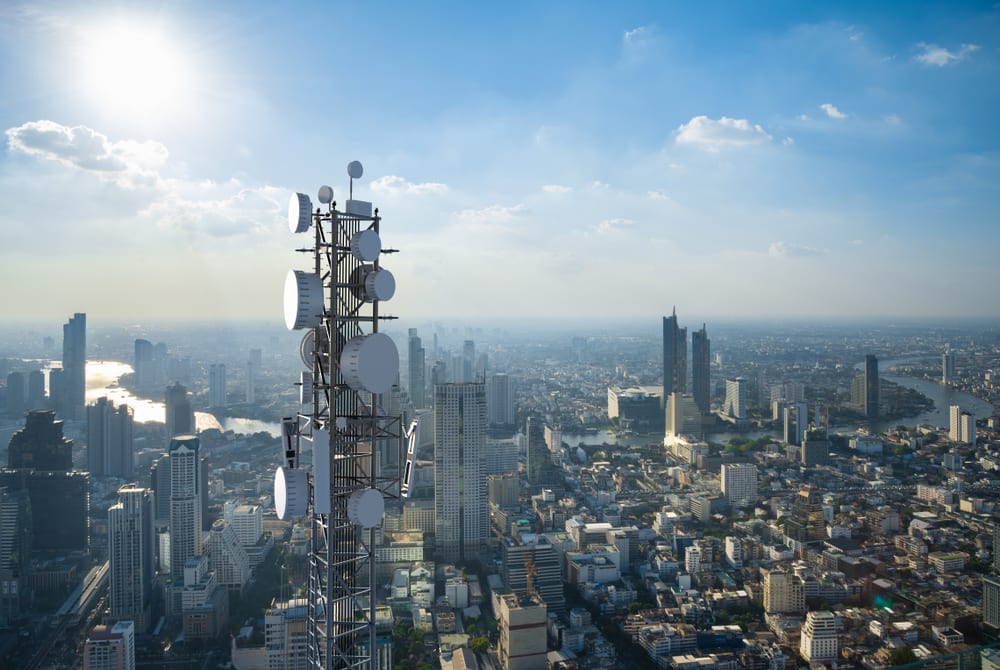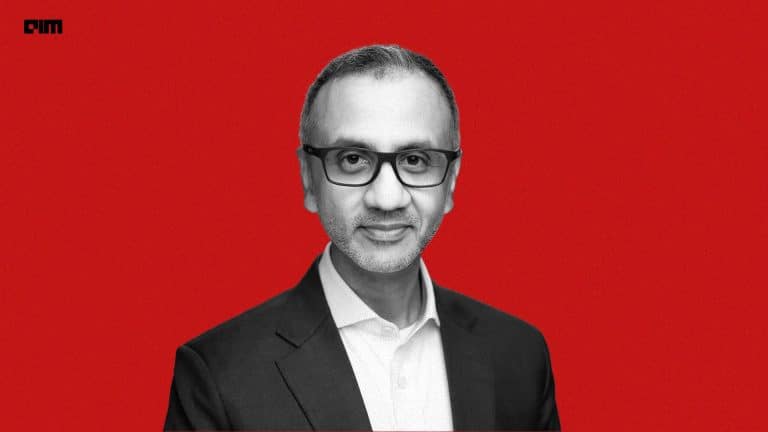Over the last few months, there have been some bizarre conspiracy theories about the link between 5G and the global pandemic. While such reports have no ground, in reality, the fact remains that COVID-19 has not been able to impede the progress in 5G deployment plans.
With lower latency, the most important impact 5G revolution will have, is growing the speed of telecom connections. With many people isolated at home, telecom systems have gotten much more significant than previously, and telecom operators are adapting to the expanding demand with no serious issues till date.
Take, for example, Intel’s recent earnings report when the CEO stated that its supply chain for chip manufacturing has almost restored back to normal. Intel recently announced specialised chips for 5G, which are in production currently as well.
With the recent social distancing and work from homes norms, increased pressure on the web has pushed the demand for much lower latency and faster speeds for communication networks.
The Expanding 5G Deployments Worldwide During COVID-19
South Korea, we have seen 5G deployments scaling all around the nation and handset manufacturers such as Samsung, leading the charge with devices that support 5G. South Korea became the first nation to witness 5 million subscribers, and the count is growing every day. In Korea, SK Telecom, the country’s 5G market is aiming to have 6-7 million 5G subscribers by the end of 2020.
In Japan, the telecom arm of Softbank and Docomo announced the rollout of 5G services at the end of March. With Japan’s major mobile carriers launched their 5G rollouts in the middle of the pandemic, it makes it clear that the next-gen network has arrived in developed Asian nations.
In the US, Verizon announced that its 5G plans are in fact not impacted by the COVID-19 pandemic, and is on track to keep expanding, having gone live in more than 30 cities in the country. With the focus of further expansion plans in the coming quarter, it seems Verizon’s 5G plans are intact.
In other news, T-Mobile finished its Sprint merger under three weeks prior in the midst of a pandemic, however, the telecom giant is not letting the coronavirus put its 5G arrangements on pause. It bought the mid-band network spectrum in Philadephia in April and now it plans to expand to other states as well.
Even though 5G may have taken a blow in the short and medium-term due to COVID-19 pandemic, it has not drastically reduced the spread of deployments and testing in different global geographies.
What’s Happening In India?
The auctions for 5G spectrums were previously scheduled to be held in the June quarter. A new schedule may be announced soon. The auctions are expected to be slightly delayed even though media reports say the auctions would not have happened anyway before August 2020 had there been no pandemic.
A media report said, citing its sources that the ‘earliest possible date’ of the rollout for 5G network is likely to be 2021-22. Clearly, India is one of the lagging countries when it comes to next-gen telecom network deployments, and unlike other nations like the US, the COVID-19 may cause a delay in auctions and rollouts.
Read More: How Data Analytics Would See The Most Impact Of 5G



















































































